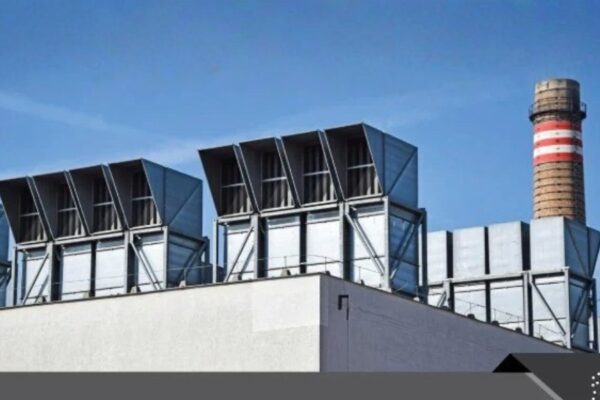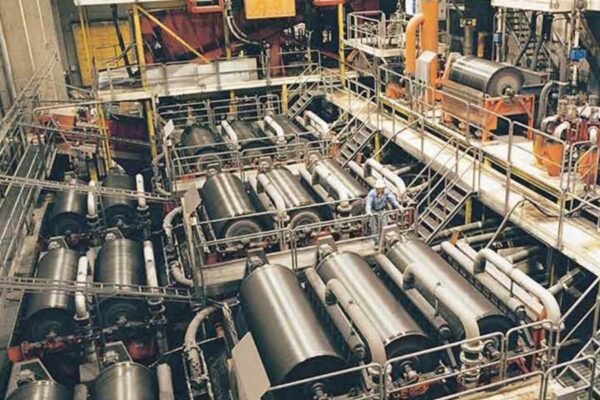How Advanced Sorting Technology is Revolutionizing Waste Management
Waste management has come a long way, and today’s sorting technology is smarter than ever. From AI-powered robots to self-learning systems, these innovations are reshaping how we handle waste. Reed the article till the end to know how waste sorting has evolved and where it’s headed next!
Evolution of Sorting Systems: From Manual to AI-Driven
- Manual Sorting: Picture workers manually picking out recyclables from heaps of waste. Slow, tiring, and often inaccurate.
- Mechanical Sorting: Conveyor belts, shredders, and screens took over, making sorting a bit faster but still not perfect.
- Optical Sorting: Cameras and infrared sensors began identifying plastics, metals, and paper, making the process more precise.
- Robotic Sorting: Enter AI-driven robotic arms; faster than humans, more accurate, and never needing a coffee break.
- AI-Powered Sorting Systems: Smart systems now use deep learning to recognize and sort waste in real time with near-perfect accuracy.
Future of Sorting Technology
- AI and Machine Learning: Imagine waste sorting machines that learn from past mistakes and get better over time; yes, that’s happening!
- Blockchain for Waste Tracking: A transparent, tamper-proof record of where waste goes and how it’s recycled.
- Automated Smart Bins: Trash cans that scan and sort your waste as you throw it in; talk about futuristic convenience!
- Nanotechnology in Waste Processing: Breaking waste down at a molecular level to extract even the tiniest useful materials.
Key Technologies in Waste Sorting
- AI-Powered Sorting Machines: Super-smart machines that instantly categorize waste.
- Robotic Sorting Systems: Tireless robots that sort waste with speed and precision.
- Optical Sorting Technology: High-tech scanners that separate recyclables in a blink.
- Magnetic & Eddy Current Separation: Efficiently pulling out metals for reuse.
Benefits of Advanced Sorting Technology
- Higher Recycling Efficiency : More waste gets recycled, less goes to landfills.
- Cost Reduction in Waste Processing : Smarter systems mean lower labor and processing costs.
- Reduced Environmental Impact : Less pollution, less waste, a cleaner planet.
- Enhanced Resource Recovery : Valuable materials are extracted and reused efficiently.
- Improved Public Health and Safety : Less human contact with hazardous waste.
Conclusion
Waste sorting has evolved from back-breaking manual labor to AI-powered precision. With innovations like smart bins, blockchain tracking, and self-learning AI, the future of waste management is cleaner, faster, and more sustainable. The way we handle waste is changing; are we ready to embrace the revolution?
Author








